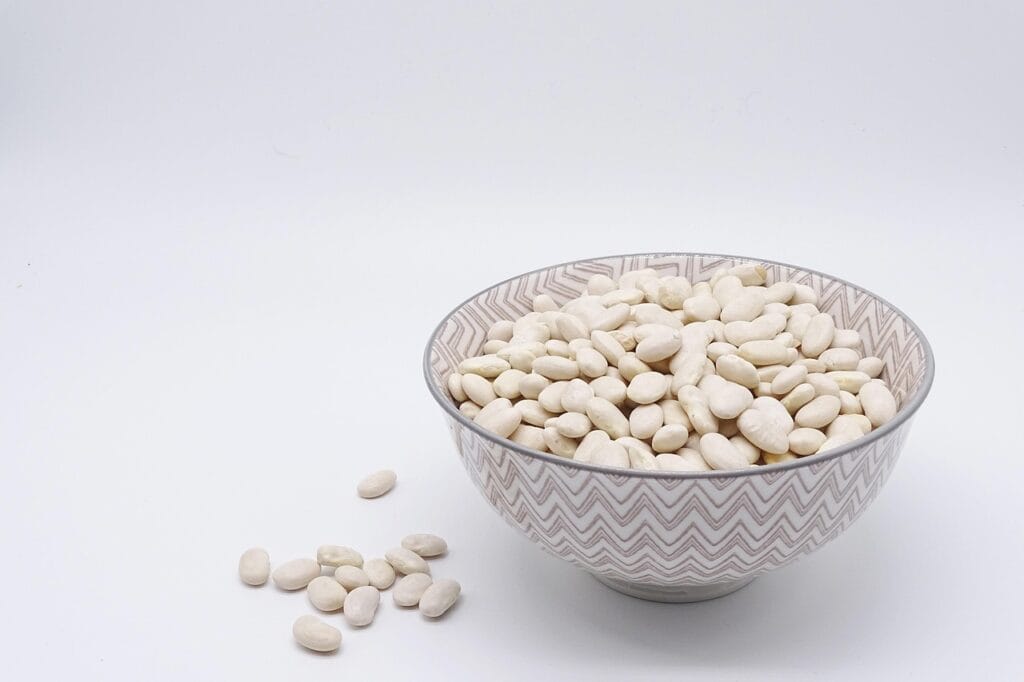Plant-based diets are gaining popularity worldwide. More people are replacing animal proteins with plant-based protein due to health, environmental, and ethical reasons. But does plant-based protein help in muscle growth as much as animal protein? Let’s find out!
Table of Contents
How Protein Helps Build and Repair Muscles
Protein is an important nutrient that helps keep our muscles strong and healthy. When we eat foods rich in protein, our body breaks them down into amino acids. These amino acids act like building blocks, helping to repair muscles after exercise and support muscle growth.
Animal-based proteins—such as chicken, fish, eggs, and dairy—are considered high-quality because they contain all the essential amino acids our body needs. But what about Plant-based proteins? Foods like beans, lentils, soy, and quinoa also provide protein, though some may lack certain amino acids. However, by eating a variety of plant protein sources, you can still get all the amino acids needed to support muscle recovery and growth1.
Whether you choose animal or plant protein, making sure you get enough protein in your diet is key to keeping your muscles strong and helping them recover after workouts.
Can Plant-Based Proteins Match the Effectiveness of Animal Proteins?
The effectiveness of plant proteins in supporting muscle growth is a topic of discussion among nutrition experts. While plant proteins can provide essential nutrients, they differ from animal proteins in a few key ways:
- Absorption Efficiency – Some plant proteins are not as readily absorbed by the body compared to animal-based proteins, which may impact their effectiveness.
- Amino Acid Profile – Many plant sources do not contain all essential amino acids in sufficient amounts, particularly lysine and methionine, which play a crucial role in muscle repair and growth.
- Nutrient Inhibitors – Certain plant foods contain compounds that can interfere with nutrient absorption, making it harder for the body to fully utilize the protein.
Despite these differences, not all plant proteins are inferior. Certain sources, such as soy, pea, and corn protein, have amino acid profiles comparable to animal proteins. By incorporating a variety of plant protein sources into their diet, individuals can obtain the full spectrum of essential amino acids needed for muscle maintenance and growth.
How to Get the Most Out of Plant-Based Protein
If you prefer plant proteins, here are some easy ways to make it work for muscle building:
- Eat More Protein – Since plant derived protein may have lower amino acid content, consuming slightly more can help.
- Mix Different Plant Proteins – Combining proteins like pea and rice can create a balanced amino acid profile.
- Fortify Your Diet – Some plant derived protein sources can be enriched with missing amino acids like leucine or lysine.
- Use Processed Plant Proteins – Protein isolates and hydrolyzed plant proteins are easier to digest and absorb.
Protein Content in Whole Foods (Per 20g of Protein)
| Food Source | Amount Required (grams) | Calories |
| Chicken Breast | ~100g | ~165 |
| Tofu | ~250g | ~200 |
| Lentils | ~240g | ~220 |
| Quinoa | ~185g | ~220 |
| Almonds | ~90g | ~520 |
| Peanut Butter | ~65g | ~380 |
| Spinach | ~1,400g | ~200 |
| Broccoli | ~700g | ~240 |
Comparing Plant Protein and Animal Protein
| Feature | Plant Protein | Animal Protein |
|---|---|---|
| Amino Acid Profile | Lower in some essential amino acids | Complete with all essential amino acids |
| Digestibility | Lower due to fiber and anti-nutrients | Higher and more readily absorbed |
| Sustainability | More eco-friendly and sustainable | Requires more resources |
| Muscle Building Efficiency | Requires more quantity or blends | Highly efficient for muscle synthesis |
Can Athletes Rely on Plant-Based Protein?
Yes! Many athletes successfully build muscle with plant protein. However, they must ensure they consume enough high-quality plant protein and include a variety of sources to get all essential amino acids.
Final Thoughts

While plant-based protein may not be as naturally complete as animal protein, it can still support muscle growth if consumed correctly. By increasing intake, combining different sources, and choosing fortified products, plant-based protein diets can work just as well for muscle recovery and fitness. Whether you’re an athlete or someone looking to stay healthy, plant-based protein can be a great addition to your diet!
FAQs
1. Is plant-based protein enough for muscle growth?
Yes, but you may need to eat more and mix different sources to ensure you get all essential amino acids.
2. What is the best plant-based protein for muscle building?
Soy, pea, and brown rice proteins are among the best options due to their balanced amino acid profiles.
3. How much plant-based protein should I eat daily?
It depends on your activity level. Most people need around 1.2-2.0g of protein per kg of body weight.
4. Do I need protein supplements on a plant-based diet?
If you struggle to meet your protein needs through whole foods, supplements like pea or soy protein powders can help.
